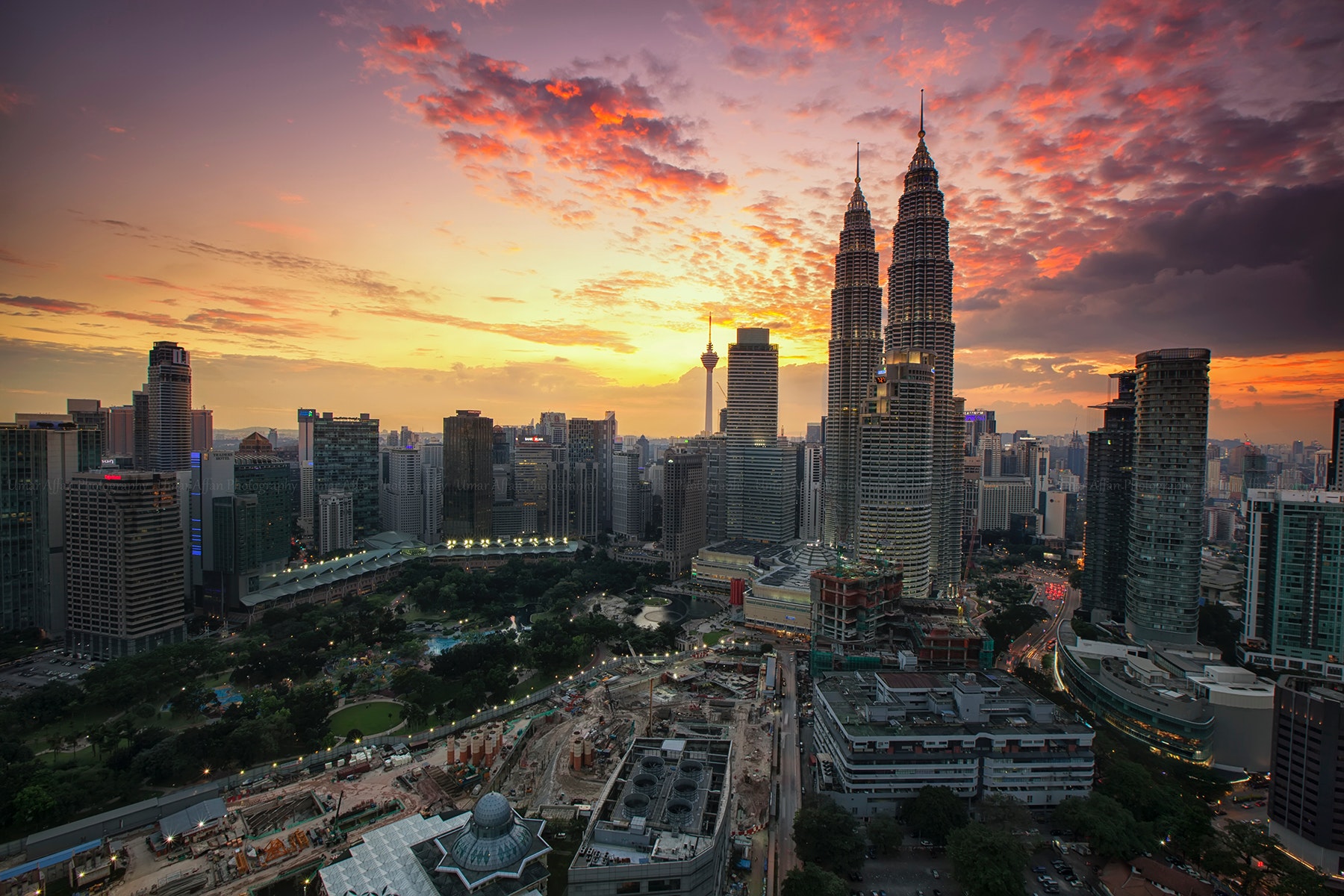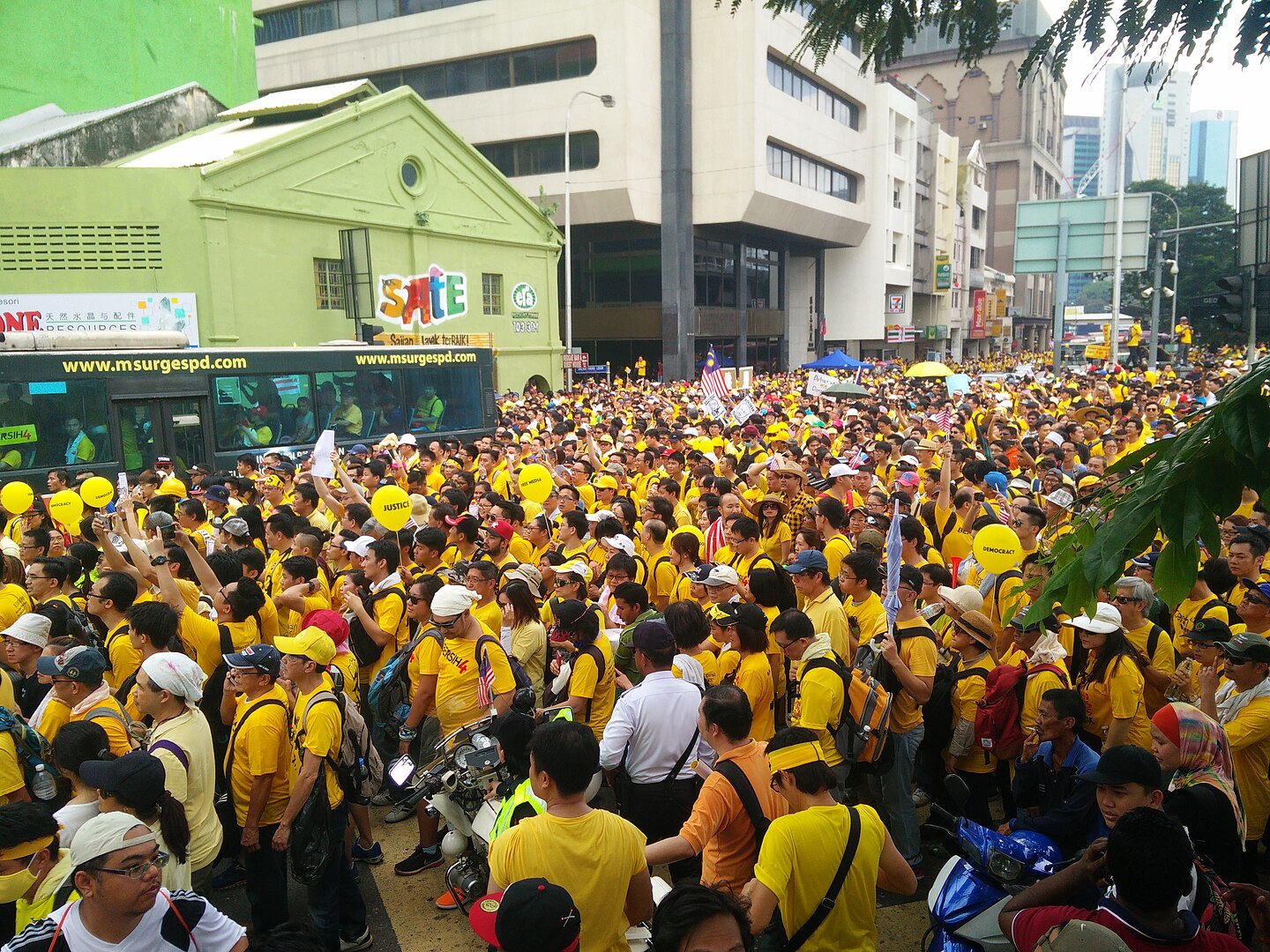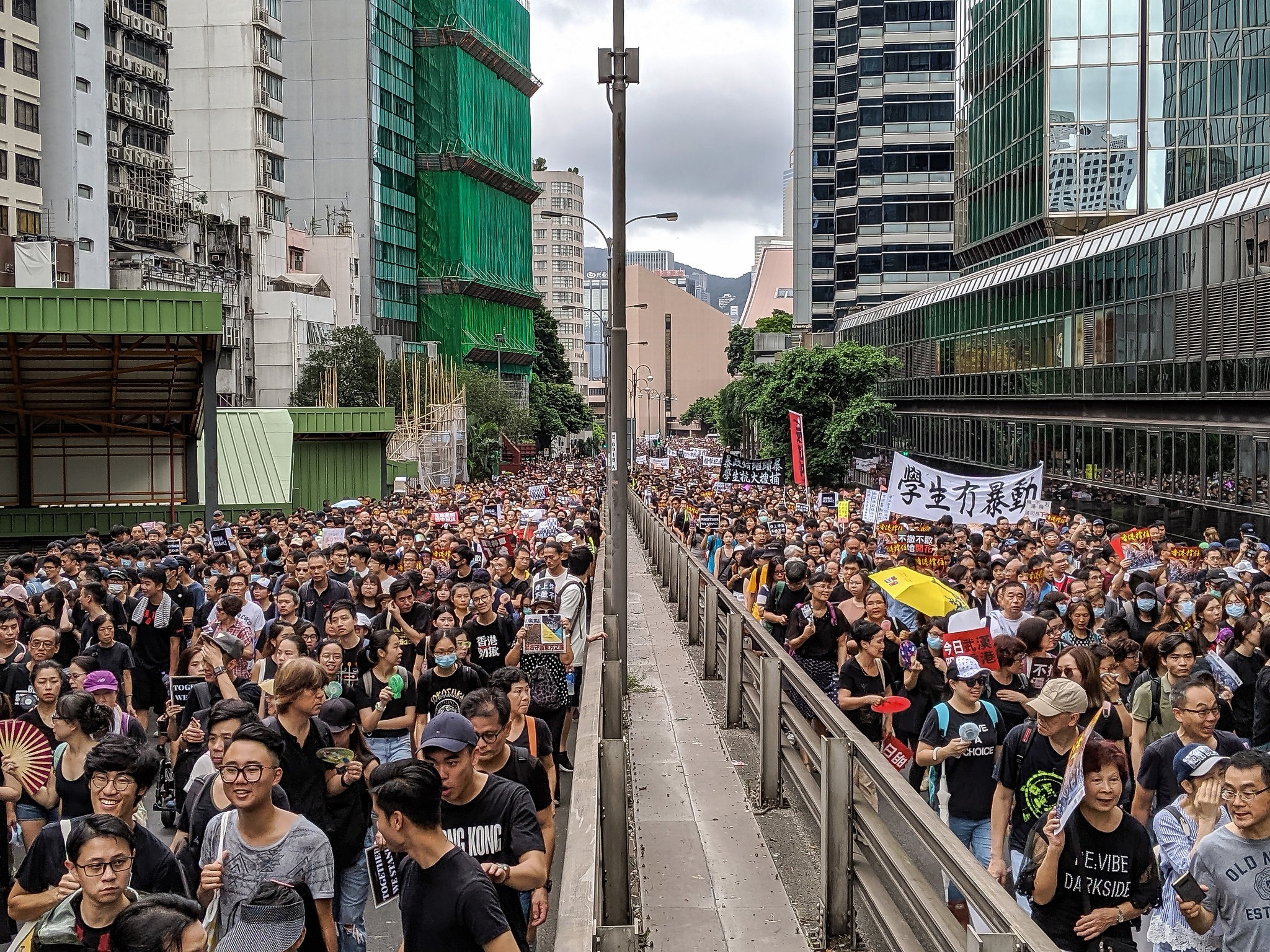Lessons From Another Dictatorship

By Shaun Tan
Founder, Editor-in-Chief, and Staff Writer
6/7/2020

Kuala Lumpur, Malaysia
If you’re a Hong Konger now, and woke up on June 30th to find your city fundamentally changed by Beijing’s new draconian security law, you’re probably feeling a mixture of emotions: fear, anger, loss, sadness, despair. These are all completely reasonable things to feel at a time like this. Another completely reasonable emotion is uncertainty – uncertainty about what you can and cannot do now without being charged with a crime, uncertainty about where the line is. Some have taken to poring over the law’s text, or precedent, or statements by Chinese and Hong Kong officials for clues.
The truth is that no matter what you do you’ll probably never really know where the line is. That’s kind of the point. In his guide to the new law, Donald Clarke, David Weaver Research Professor of Law at George Washington University, and an expert in Chinese law, stated that he wasn’t going to talk much about the substantive offenses and their definitions. “There’s a reason for that,” he wrote. “If mainland practice to date is any guide – and it is – then the definitions don’t matter that much. Anything can be stretched as necessary to cover something done by the person being targeted. As the old cliché goes, 欲加之罪,何患无辞 (roughly, ‘if you are determined to convict, you needn’t worry about the lack of grounds’).” Ideally, the Chinese Communist Party (CCP) would have wanted a law that says it can jail anyone it wants for any reason it cares to invent on any given day. Since it couldn’t actually write that whilst maintaining the fiction that China has the rule of law, it wrote the next best thing: a law that’s so vague and overreaching that it potentially criminalizes anything that annoys the Party.
As it happens, Malaysia, the country I come from, has laws like that too. Hong Kong is arguably now a dictatorship. Malaysia has been a dictatorship for over 50 years, and so perhaps there are some lessons I can share. There are of course many differences between the CCP and Malaysia’s Nasional ruling coalition, and the former is more brutal, but there are commonalities in how these authoritarian regimes work, and from that we may be able to draw some useful general principles.
Malaysia has a number of laws that potentially criminalize anything the government doesn’t like and which it often uses to persecute its critics and political opponents, including the Sedition Act, and sections of the Penal Code and the Communications and Multimedia Act. These laws allow it to jail people for “inciting hatred and discontent” or even for posting something with the “intent to annoy” other people. The Sedition Act was passed in 1948 and to this day no one really knows what the hell it covers. People have been charged for things as ridiculous as exposing government corruption, insulting Islam, insulting ministers, protesting a racist university vice-chancellor, and portraying the prime minister as a clown. True, there are some patterns to the regime’s behavior that enable you to predict what it’ll do, sometimes. It does, for example, tend to target its more prominent opponents, though every now and then it’ll go after a complete nobody who crossed some invisible line just to make an example out of him. At the end of the day, nothing is certain, and nothing is completely safe. Hong Kongers will have to learn to live with that uncertainty just as Malaysians have. Welcome to the new normal.
At the end of the day, nothing is certain, and nothing is completely safe. Hong Kongers will have to learn to live with that uncertainty just as Malaysians have.
And yet, this hasn’t stopped many Malaysians from openly criticizing and defying their government. Under these ridiculous laws, I could probably have been charged hundreds of times for things I’ve written and posted over the years. But then again, so could thousands of other people who write and post similar things every day. Technically, I could be charged with “inciting hatred and discontent” for calling the Nasional ruling coalition a gang of incompetent thieves and Islamofascists who cheated their way into power. But then again, who hasn’t called it stuff like that? Malaysian social media bristles with people mocking the regime and excoriating it for its abuses. Netizens often deluge the Facebook pages of Nasional leaders with insults. And when artist Fahmi Reza was charged for caricaturing the prime minister, all this did was spread the caricature even further, as countless people shared it in solidarity.

Malaysians rally to protest their government’s corruption in 2015 (Picture Credit: Williamteoh97)
It’s said that the CCP has absolute power to determine what the new security law means. This is true in the sense that the power of interpreting it is vested in the Standing Committee of the National People’s Congress. But when punitive legislation is drafted so broadly, what’s legal and illegal becomes less a question of law than a question of power – that is, a question of what the authorities can do, and what they can’t do. For example, the CCP, acting through its agents or its puppets in Hong Kong, can charge a few people for openly insulting it or protesting against it. But it can’t charge hundreds of thousands of people for doing so, for the simple reason that even the CCP would find it extremely difficult to arrest hundreds of thousands of people in Hong Kong. If taking a broad interpretation is too troublesome, the CCP will settle for a narrower one, and, to save face, will probably say that of course this law doesn’t constrain people’s rights to insult it or protest against it, and, to try to make a virtue out of a necessity, will point to this as an example of how “tolerant” it is. In this sense, then, Hong Kongers do have some power to determine what this law means; it will mean whatever you allow it to mean.

Hong Kongers protest China’s attempts to erode their city’s freedoms, July 2019 (Picture Credit: Studio Incendo)
What’s my advice to dissidents in Hong Kong now? You’ll have to be smarter and more careful. You’ll have to eschew dumb tactics and stances like violence, needlessly antagonizing the police, and Hong Kong independence, which were terrible ideas that should never have been adopted in the first place. It’s hard to give specific advice beyond that, just as I cannot say whether it’s better to stay in Hong Kong or to leave, especially when so much depends on changing circumstances and shifting power relations.
What I do know, though, is that if you self-censor, the CCP wins. If you refrain from peacefully exercising your fundamental rights – rights that even China’s Constitution pays lip service to – the CCP wins. If you despair and lose your fighting spirit, the CCP wins.
If you despair and lose your fighting spirit, the CCP wins.
I don’t think you’ll let it win. You may seem afraid now, but that’s understandable. The Sword of Damocles is terrifying when you first see it hanging over your head. After a while, though, you become habituated to it, you develop a certain equilibrium. This whole “living under a dictatorship thing” is new to you, and you need some time to find your feet. I have no doubt that you will. That, before long, you’ll remember who you are and why the CCP feared you enough to ram through a law like this. That you’ll find hilarious and inventive ways to dodge it and push back against it. That you’ll show the CCP that the indomitable Hong Kong spirit cannot be legislated away, and that a law that can mean anything ends up meaning nothing.
